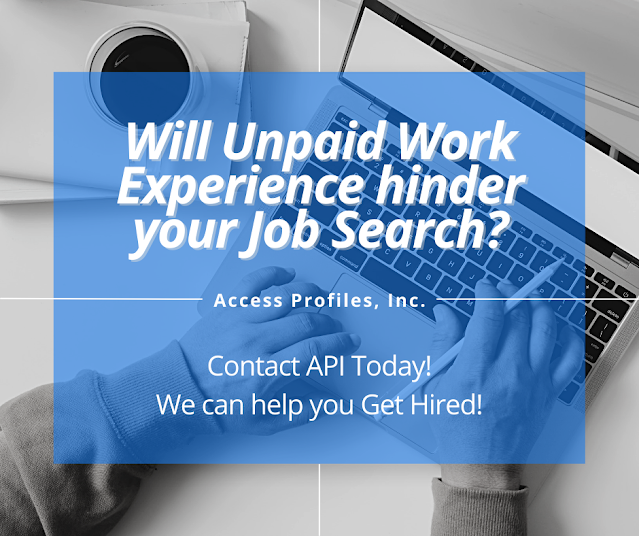
Do you know exactly how, and more importantly why, employers verify their applicants’ degree, graduation, or other education?
This question was recently posted on a popular Q & A site and we decided to weigh in…
“How do employers check for degrees?”
“Verifying a degree / graduation is one of the easiest and most basic things checked by most employers. The best source for this information is to contact the university / school directly. Most records are held by either the Registrar department or, especially in the case of high schools, in the Guidance or Student Records department. If your only need is to verify the degree, and not a person’s full academic record, it is sometimes possible to verify that verbally. There are times when the information needs to be faxed or mailed and they will then require a nominal fee.
However, if more in depth information is needed, or the institution has contracted with an outside verification service, you will have to follow that service’s steps in order to get the information you need. Oftentimes these services will require a fee to access the information and sometimes a signed release from the subject of the search is also needed (which you should always obtain before any background check anyway). No matter the method, verifying any degree, graduation, or professional certificate claimed by an applicant is key to making a sound hiring decision. Not only will it help assess their training, knowledge, and qualifications, it will also go a long way towards verifying an applicant’s honesty ~ and that is a goal of any good background check.”
You can find more answers to this question here!
Verifying an applicant’s education is a great first step in evaluating any prospective employee ~ and a good employer understands this.
Hiring someone who lies about their education or training can pose numerous problems for any business.
It can lead to having an employee who is unqualified for the job. Or, if and when that lie is discovered, it can tarnish a company’s reputation with their clients, customers, and other businesses.
Doing a simple Education verification check solves these problems.
“Education is one of the most frequently embellished ~ face it, lied about ~ items on a resume. The lie can range from the type of degree earned to whether a degree was even earned at all.
And if having a degree, especially a specific degree, is necessary to the job you are hiring for, then making sure your applicant indeed fills that requirement is good business.
For some jobs, having a degree may not be necessary. In that case companies are more concerned that their applicants have at least earned their high school diplomas or a GED.
Either way, it is important that you take the time to verify that the education listed by your applicant is true.
It should be the first step in making sure they have the training your position needs”.
Find out more about why businesses need to verify an applicant’s education and what they will find in “Hiring? Why You need to verify their Degree First”!

It is clear that doing an education verification before making any new hire is in a company’s best interests. But it is equally as important for anyone looking for a job to realize that any resume lie can, and often will, come back to haunt them.
Those lies can not only keep you from getting hired in the first place, but when discovered, can lead to getting fired and ruining your reputation.
Anyone looking for a job needs to be aware that Background Checks are the norm, not the exception.
“Be assured, employers are checking. Verifying the information on your resume is common practice and part of most company’s hiring processes. Investigating your education, past employments, and skills top the list.
It is time to take note ~when your resume lies are uncovered during the hiring process, you lose.
And, if discovered later, you could face not only the embarrassment of getting fired, but also the possibility of public humiliation”.
When it comes to Resume Lies that will keep you from getting hired or can result in you being fired, “lying about your degree or skills tops the list”.
Employers fear hiring someone who is unable or unsafe to do the job. That is why it is important that at least the basic skills and training you list are truthful.
Lying on your resume is seen as a mark against your honesty.
Employers want to hire someone they can trust. If their first impression of you is one of deception, then your chances of getting hired are slim
Discover more about the dangers of lying on your resume in “Employers Share ~ Lie on your Resume and You Lose!".
So, whether you are an employer looking to make a new hire or an applicant hoping to land the perfect new job, checking an applicant’s qualifications first should always be part of the process. Preparing for this important step long beforehand is the key.
Are you ready or do you have any questions? Contact API Today, we are here to help!
Authored by

Learn more about Our Services and About Us through these links.

Discover what Our Happy Clients have to say too!



























